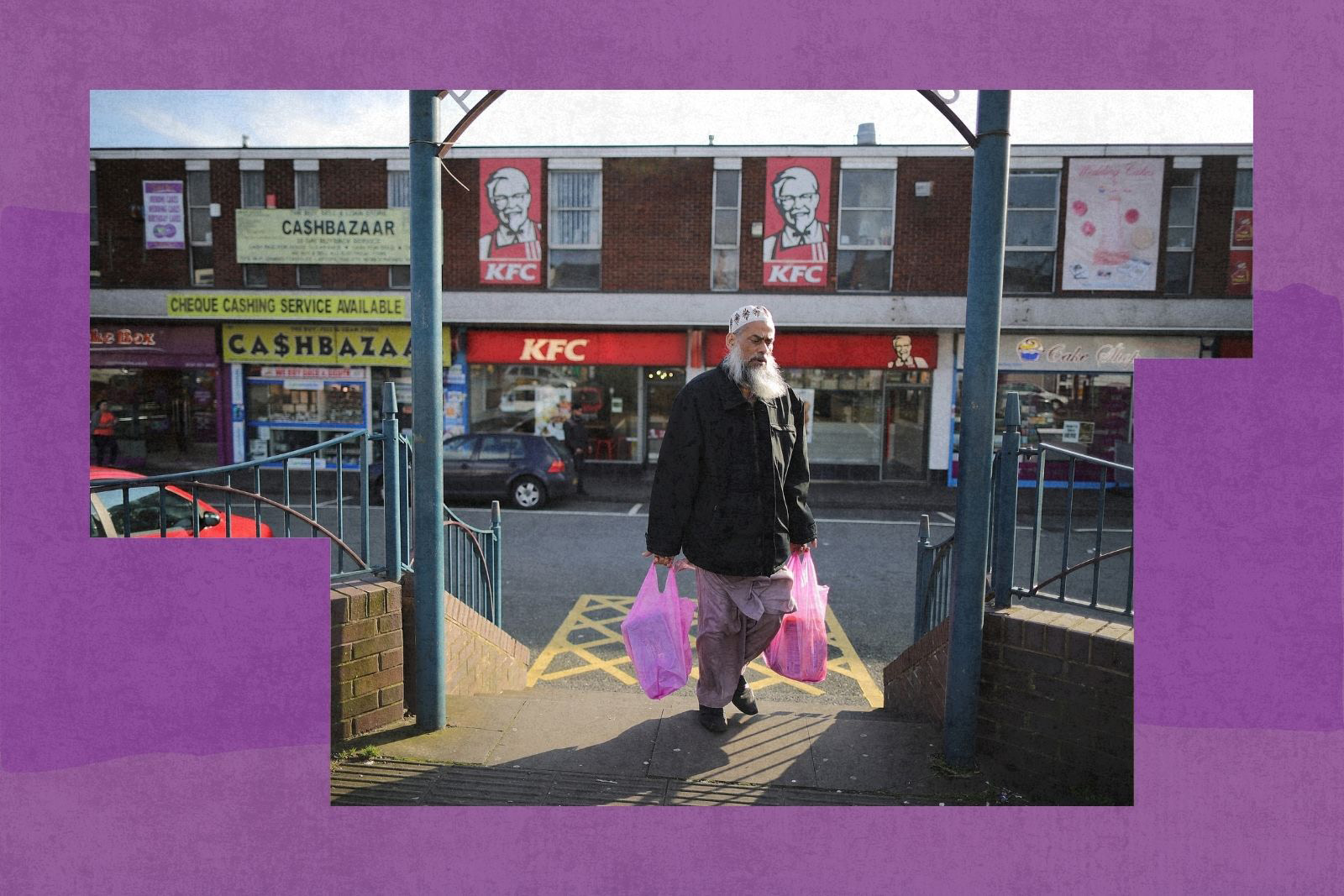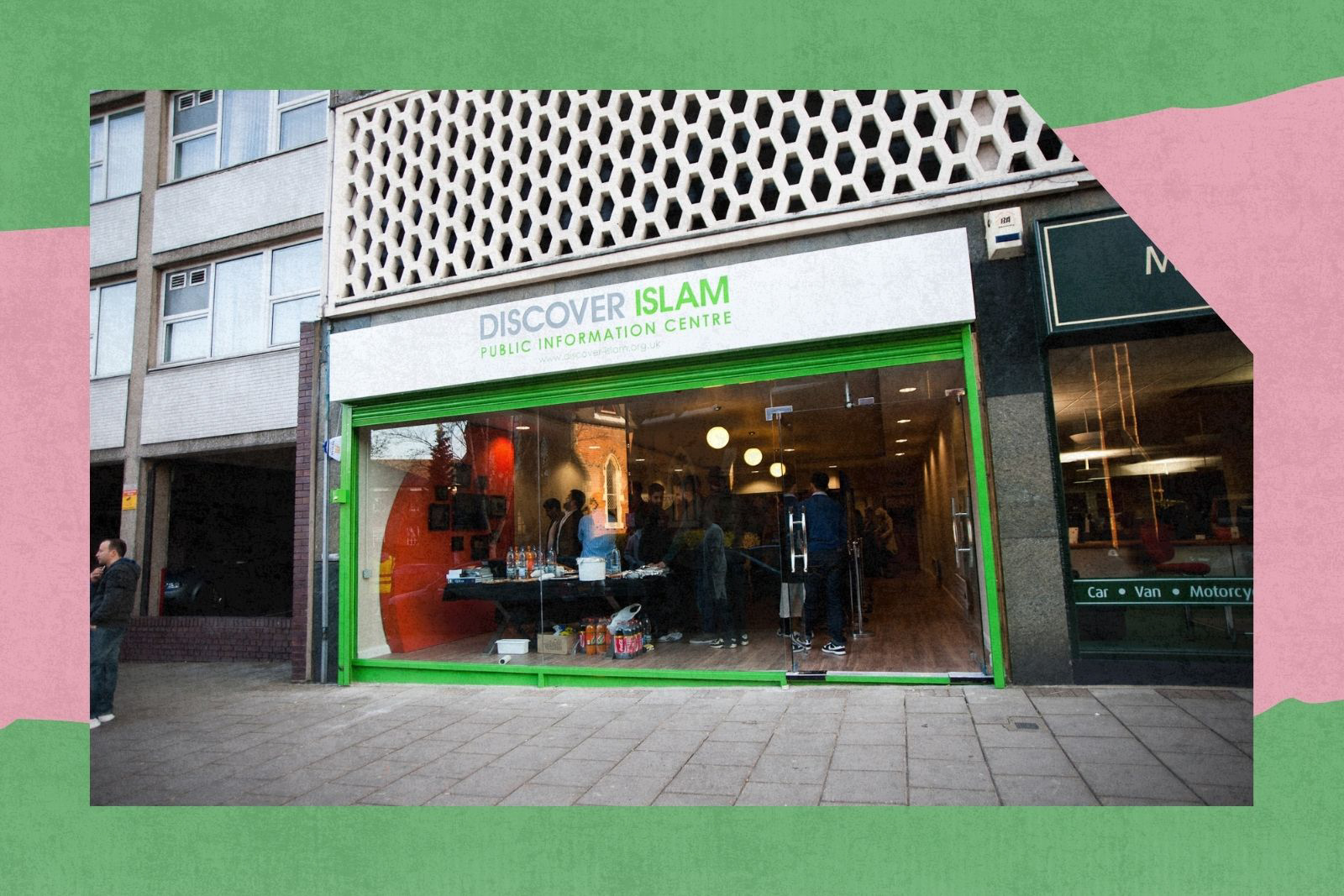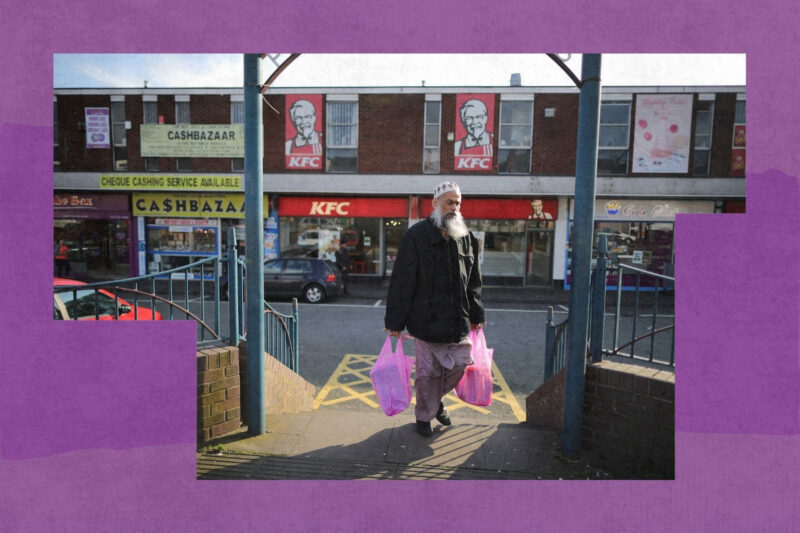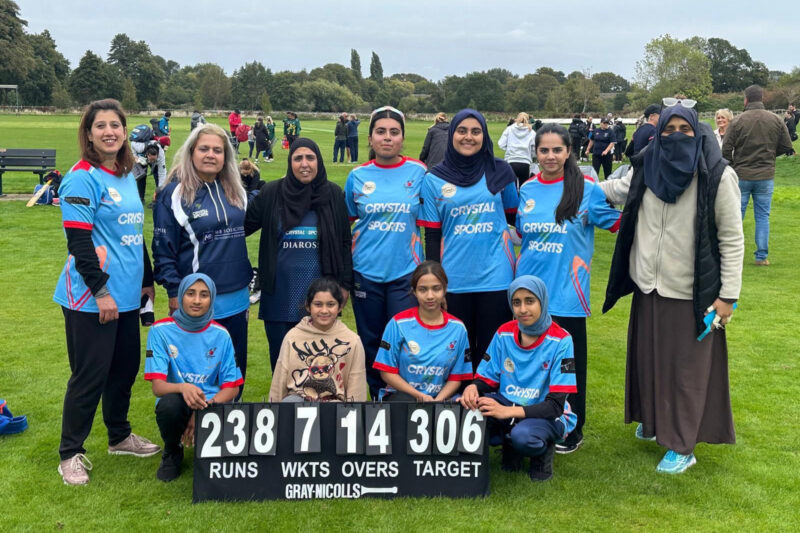It’s time to bring democracy back home
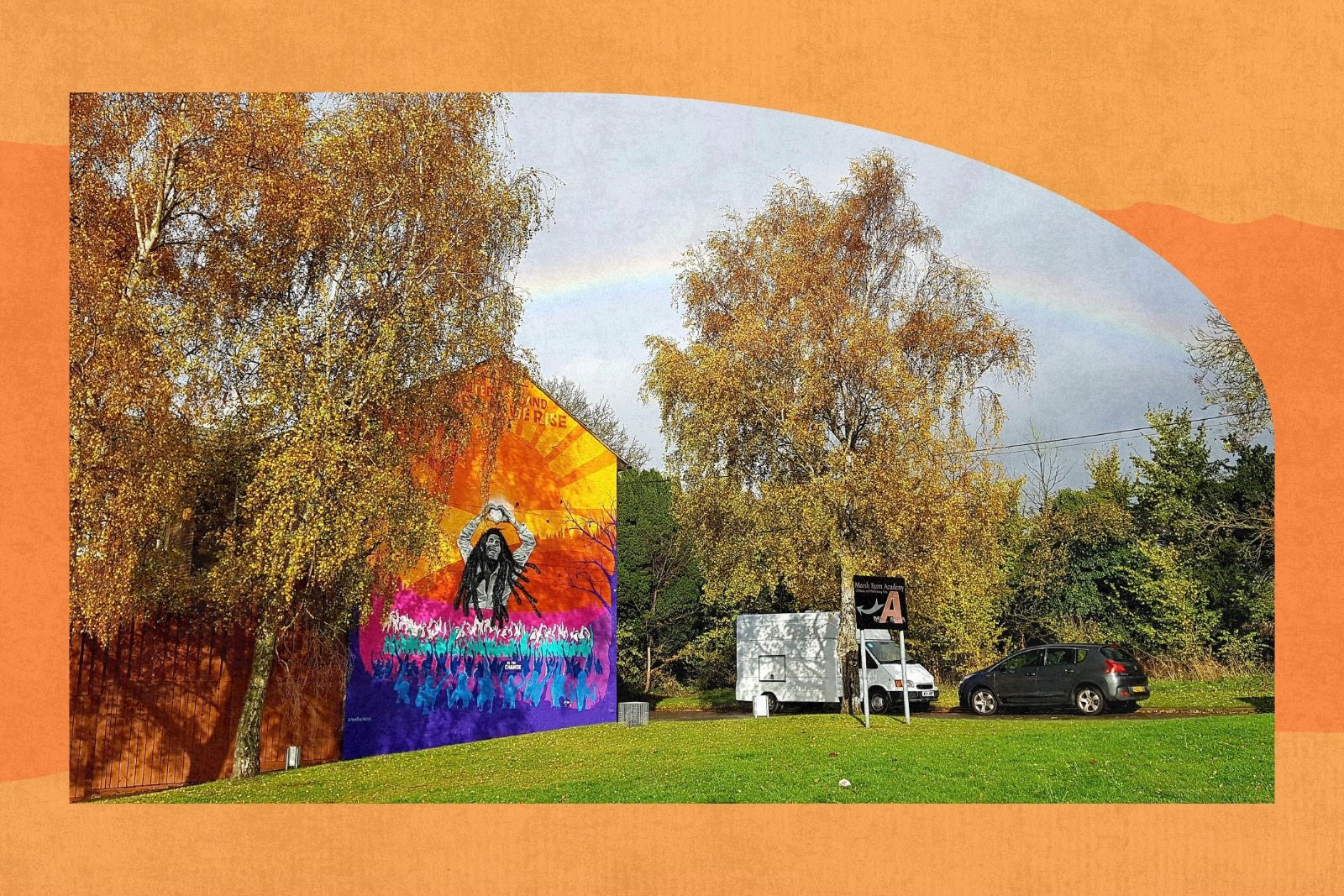
As trust in the political establishment craters, grassroots organisations such as Luton’s Marsh Farm Outreach can play a vital role in improving our lives
Do you trust politicians? A December 2024 Electoral Commission study found that just 14% of respondents did. What’s more, faith in our elected representatives has been eroding for years. According to the British Election Study, the share of people with low or no trust in MPs had risen from 54% in 2014 to 76% in 2024.
Inevitably, that scepticism shows itself at the polls. In the 2024 general election, Labour managed to secure 63% of parliamentary seats with just 33.7% of the vote — the lowest vote share for a party forming a majority government since 1945. With less than 60% of eligible adults casting their ballots, it was also the second-lowest percentage turnout since universal suffrage began in 1928.
A different picture emerges when we ask another question: do you trust your neighbours? Increasingly, it appears that we do. In 2023, the World Values Survey reported that 46% of UK respondents believed that most people could be trusted. In 1999 only 29% would have said the same thing.
Looking at those contrasting statistics, I can’t help asking myself that if trust in institutions is collapsing but trust in one another is strengthening, might there be better ways to shape democratic life than electoral politics? On a council estate in my hometown of Luton, a group of residents believe they have found one — and it’s been working for more than 25 years.
In July 1995, the Marsh Farm estate was on fire. Years of simmering tensions between police and young people boiled over into two nights of disorder so serious that the Metropolitan Police sent in riot officers. On the third night, something unexpected happened. To calm the situation, the Exodus Collective, a local group rooted in soundsystem culture, staged a huge party five miles away in an abandoned warehouse.
Glenn Jenkins, a founding member of Exodus, tells me that more than 5,000 people turned up. Many who might otherwise have drifted towards the violence chose, instead, to spend the night raving. He also remembers receiving a telephone call from a local radio journalist at 4am. “We’re at Marsh Farm and there are thousands of police just sitting on park benches. There’s nobody here,” the reporter told him.
“You could hear birds whistling in the background,” Jenkins says.
The collective’s grassroots approach had worked — and it didn’t end there.
In the early 2000s, members of Exodus formed Marsh Farm Outreach. The group squatted derelict buildings and transformed them into community hubs that remain active today. They organised campaigns to improve the local community, including one called Plugging the Leaks, which examined where money was leaving the local community and how residents could spend more in their own area. As part of that work the group undertook its own economic survey, knocking on every door on the estate.
Marsh Farm Outreach was the first group of its kind in the UK to adopt a Brazilian model known as the organisation workshop, which uses collective problem-solving to empower communities. Residents were helped to create their own jobs, equipped with tools and given support to sell goods and services locally. The group has also restored a derelict 17th-century farmhouse in the area, which now houses a radio station, office space, a DJ academy for children excluded from school and a community restaurant.
Now, Marsh Farm Outreach is turning its attention to local democracy. In January, it will hold its first neighbourhood assembly, with every local resident invited to spend a day discussing the issues that affect them and proposing solutions. All three local Labour councillors support the project.
Jenkins has little affection for conventional party politics. “If you’re taking your mates to a boring Labour Party meeting, you probably don’t like them,” he jokes. Yet he insists that everyday issues are far too important to be left to politicians alone. The key, he argues, is to make the idea of political engagement seem relevant, worthwhile and accessible.
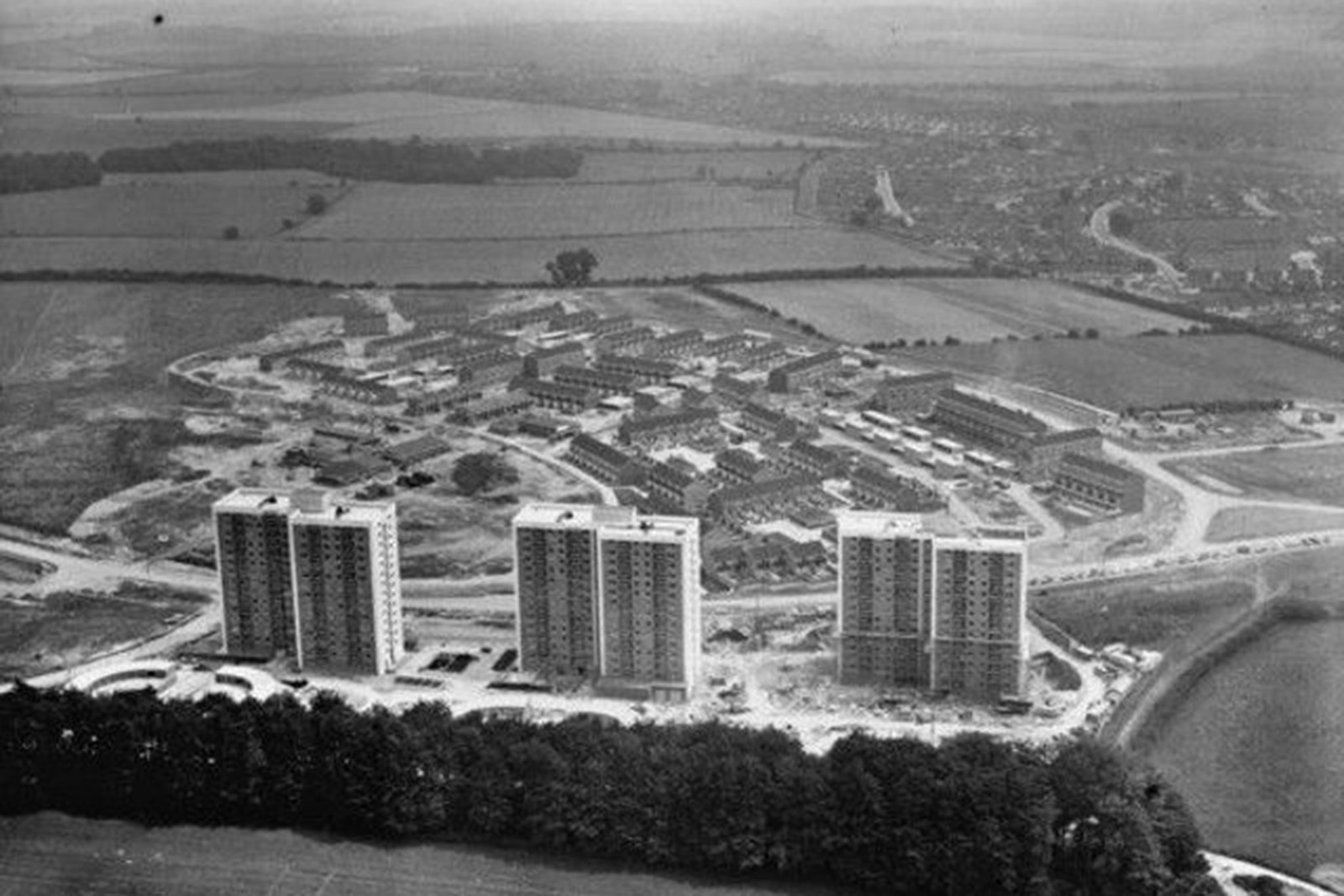
The assembly will include food and drink, live music between discussions and a supervised play area for children. Marsh Farm Outreach has also recruited a team of six people to go door to door and gather the opinions of local residents in the weeks beforehand.
“We’ve designed a survey asking residents about their biggest concerns. Whatever comes out on top decides the assembly’s agenda,” Jenkins explains.
On the day, 15 to 20 round tables will seat about eight residents each, supported by facilitators and note-takers. Jenkins knows from recent conversations that street cleaning and the return of the old Marsh Farm market, which closed down after local redevelopment eight years ago, will feature prominently.
The assembly will not be a mere talking shop. The sessions will be divided into three parts: identifying problems, identifying solutions and agreeing upon work plans for residents to undertake. An understanding has also been reached that local councillors will be accountable to the assembly. Meanwhile, its findings and decisions will be shared with relevant authorities, with a view to working together to address them.
“We have brokered a really positive and cooperative relationship with key figures at the council,” says Jenkins. “They are keen to work with us to implement changes or take action where required and feasible.”
Marsh Farm Outreach’s approach is underpinned by deep local knowledge and expertise. That’s what has enabled the group to engage with hundreds of local residents over the years. While there is no one-size-fits-all-approach to democratic engagement, I increasingly believe that such grassroots work is vital in tackling the issues, both big and small, that our communities face.
I’ve also been thinking about how this model of community organising might directly benefit ethnic minority communities. I’ve written before about the limitations of the so-called community leader approach, in which prominent individuals are referred to as spokespeople for entire demographic groups with diverse experiences, opinions and priorities. Aside from the assumptions behind that approach being woefully inaccurate, such figures are almost always older men, which routinely silences women and younger people.
Neighbourhood assemblies offer a way to break that pattern, creating space for people who are usually overlooked to speak for themselves, rather than being spoken for, and requiring those in positions of power to listen to a wider range of voices.
Whether the challenge is countering far-right radicalisation or dealing with everyday irritations such as fly-tipping, parking disputes and litter, hyper-local engagement tends to achieve more than remote political messaging can. Neighbourhood assemblies are full of potential to strengthen local life and improve the places we call home.
Voter apathy and abstention from electoral politics are often interpreted as indifference. I see them as responses to politicians who appear indifferent to us. Most people tend to care deeply about the places they live in — they don’t really have any other choice. While they may hesitate to open the door to a canvassing politician and vote for them come election time, they are far more likely to answer when their neighbours call. Let’s bring democracy to our own doorsteps.
 Newsletter
Newsletter


